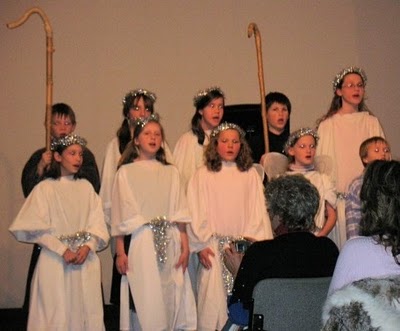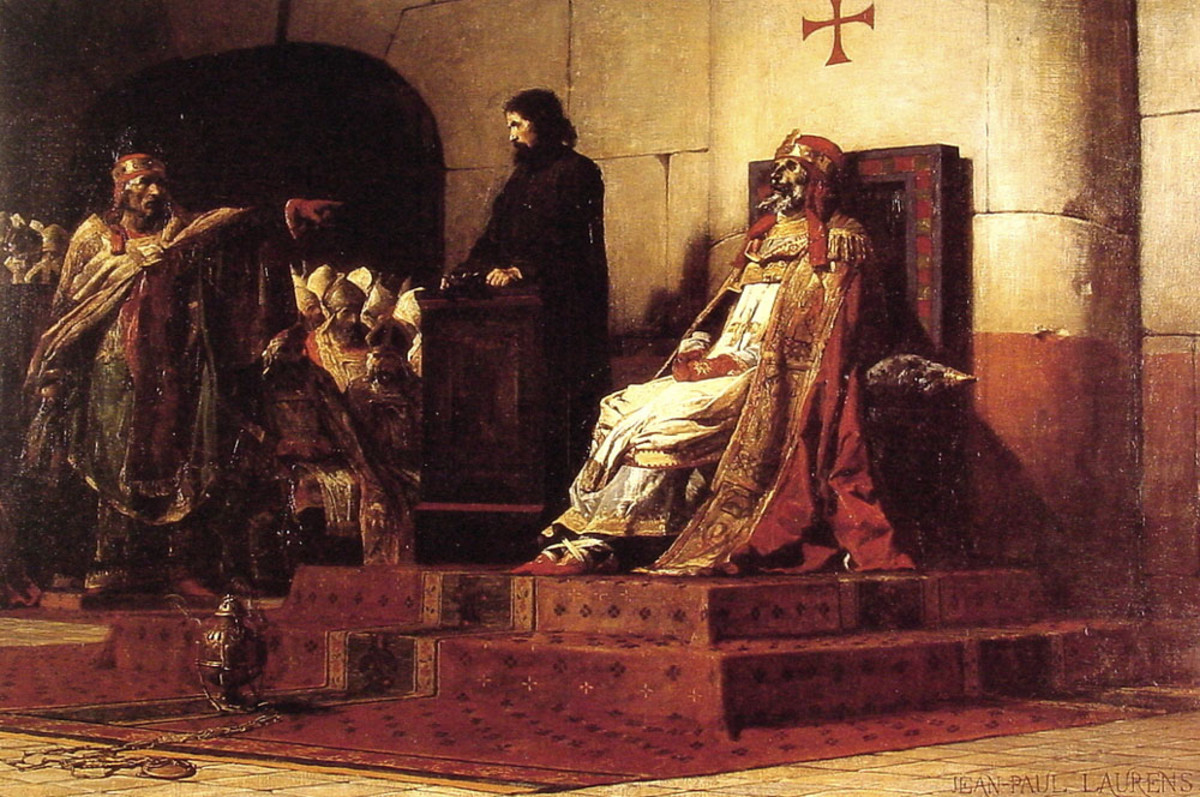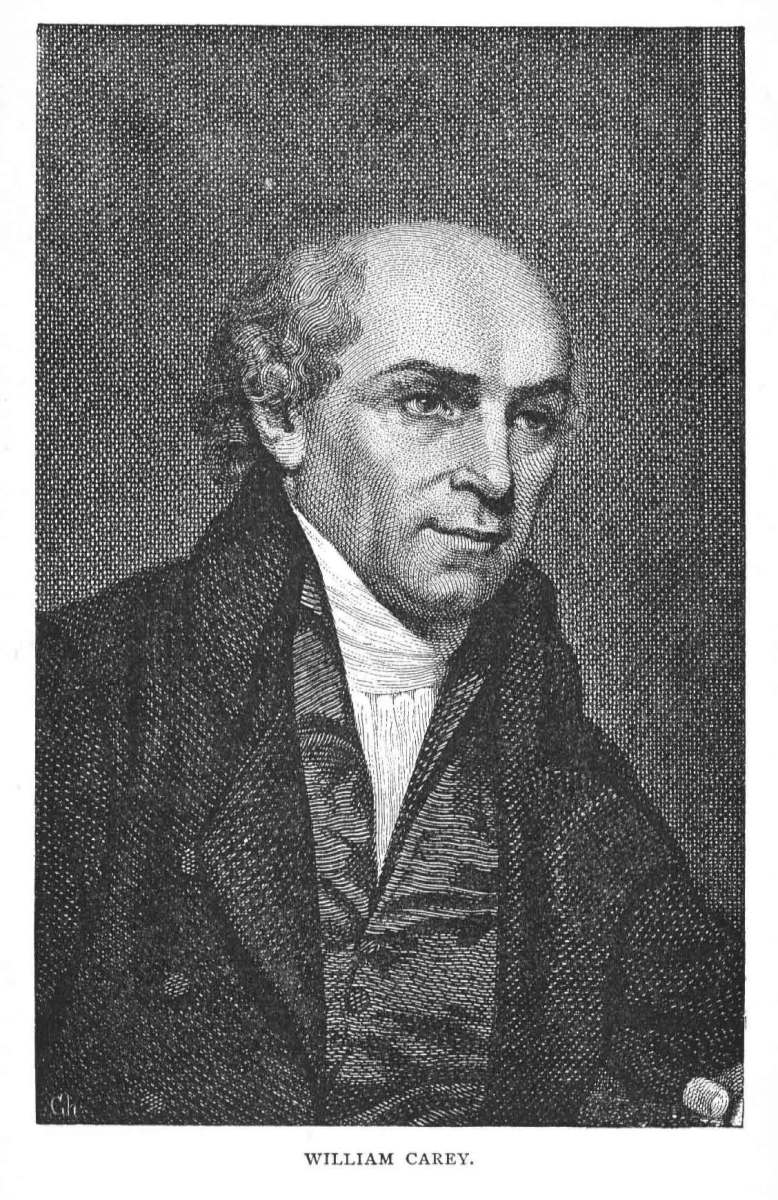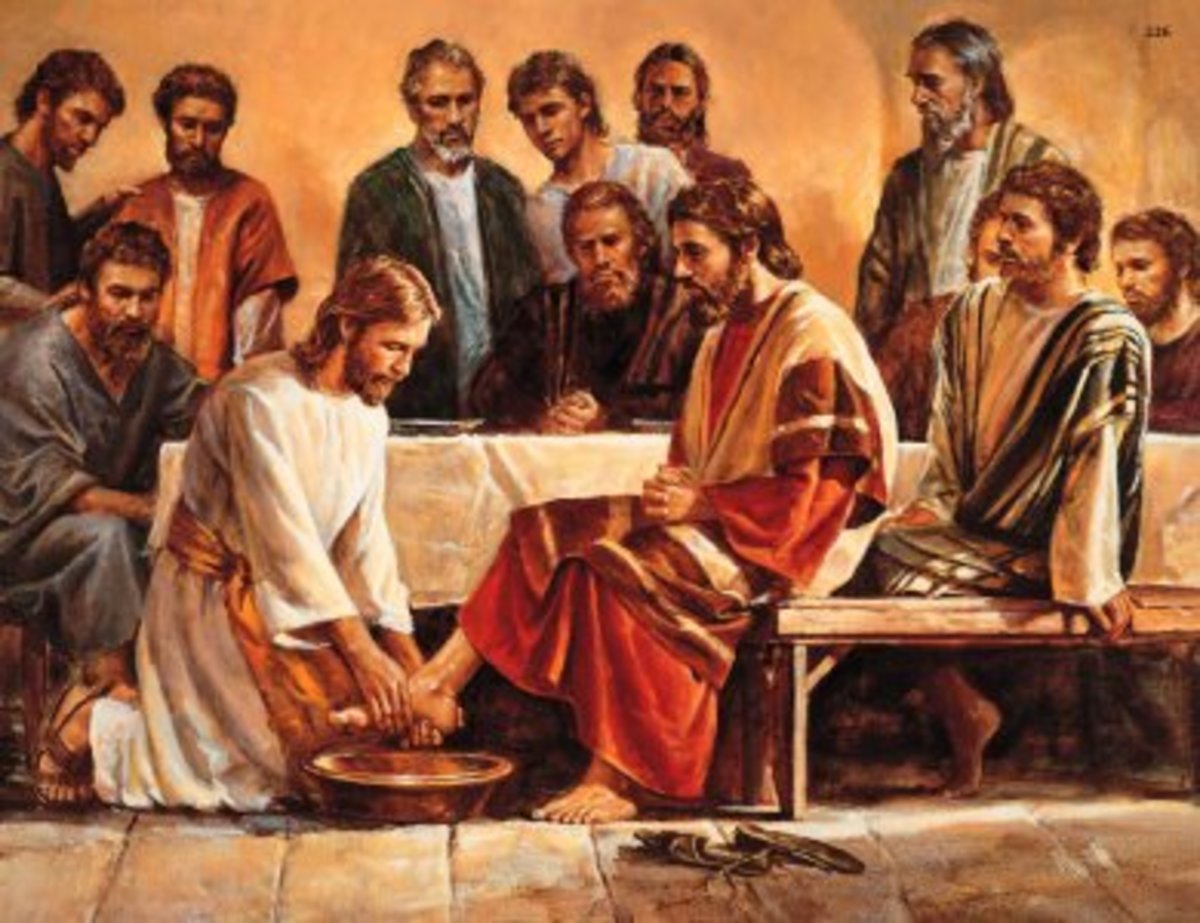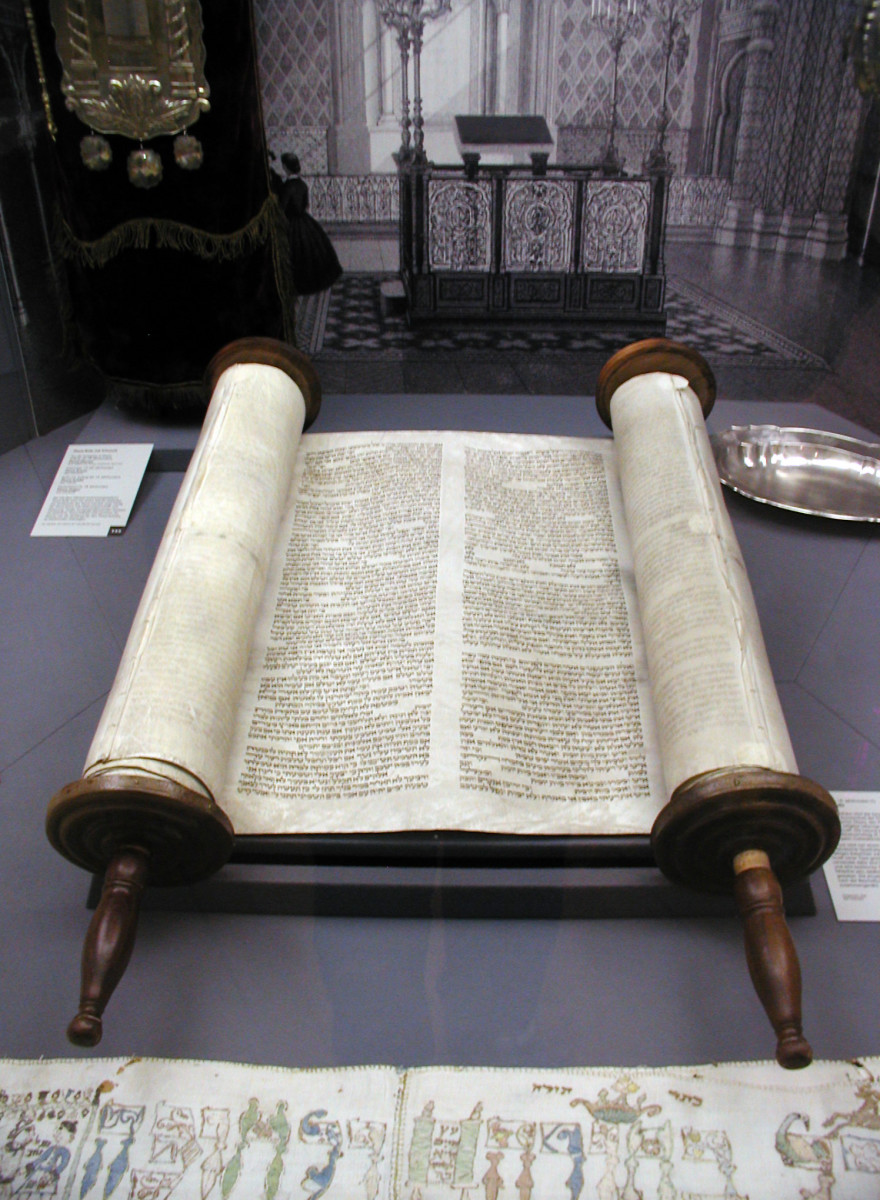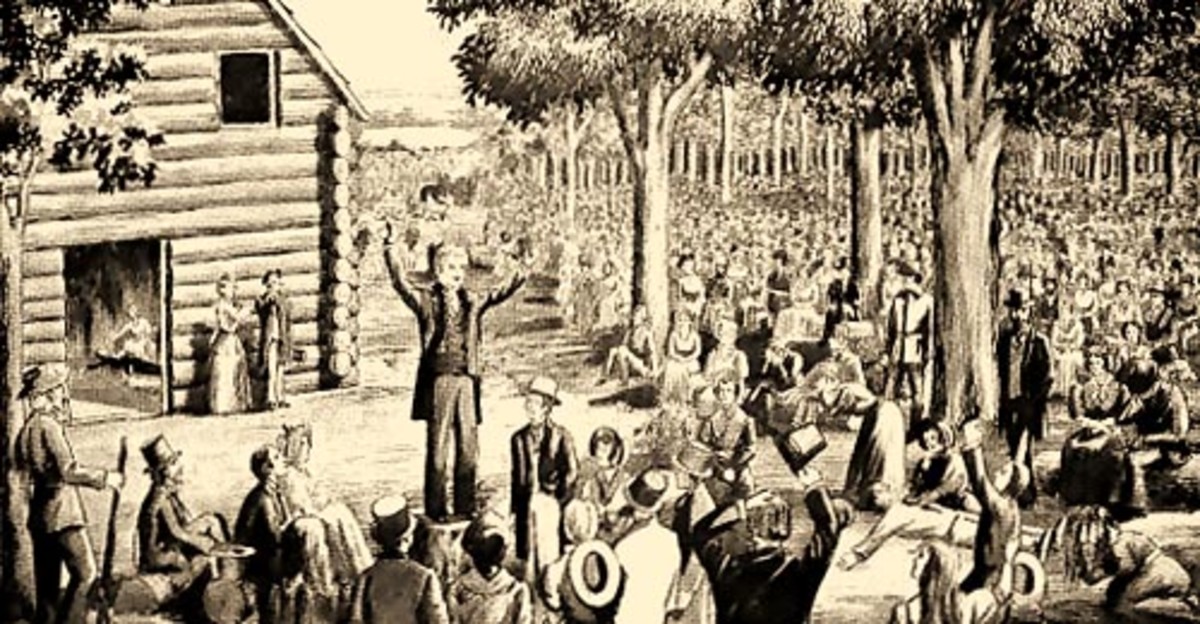Luke, Man of Diversity
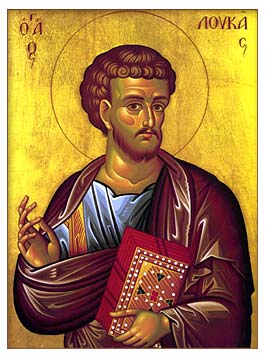
Introduction
Luke, a fascinatingly diverse man, is the only Gentile to pen the words for God’s message in the Bible. Luke the accomplished author of “The Gospel according to Luke” as well as its sequel, “The Acts of the Apostles,” was not only a physician, but a writer, a historian, a theologian, and a musician. It is not often you get these giftings, all wrapped up together, in one person. I have read words describing Luke like: educated, sympathetic, courageous, loyal, accomplished, disciplined, brilliant, orderly, elegant, polished, polite, humble, earnest, spectacular, systematic, artistic, logical, skilled, and beloved. Words that describe a most developed man. I have heard of Luke, the historian, the physician, even Luke, the theologian, but I have never given thought to Luke, the writer or musician. It is in this sphere that I will attempt to present Luke, in the giftings of the artistic side of his life. Perhaps, in the end, be better able to appreciate the well rounded, full character of the man.
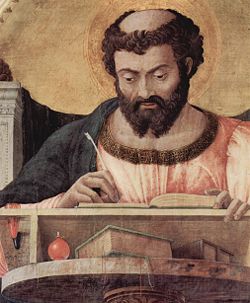
Luke, the Writer
As an educated Greek, Luke wrote using the most sophisticated, pure[1] literary Greek of any New Testament writer.[2] Luke, portraying strong and effective vernacular, revealed his intellectual capacity. His complete written work conceived as a unity (Acts being the sequel to the Gospel), and narrative driving straight to his purpose. Luke was a disciplined writer, able to discern the chaff from the wheat which also reveals the strength of his faith as he was able to refrain from reporting events which would have been entirely irrelevant to his theme.
Large sections of the second half of the Acts account are his own eyewitness accounts of Paul’s life, the events in Philippi and the two voyages[3] These accounts read like leaves from a personal diary, bringing the reader right into the time and space of the of the writer and other participants of the events.[4] We are not left on the outside of the narrative looking in, but invited to participate in the emotions and stresses of these proceedings.
Luke displayed “…high literary quality. (Luke‘s) prose possesses elegance and polish without succumbing to rhetorical excess ---employing a wide range of vocabulary.”[5] Luke uses over 400 words in Acts not found elsewhere in the New Testament, with an additional 60 of its words appearing only in Luke’s Gospel (which, itself, uses 250 words not found elsewhere in the New Testament).[6]
Luke was a person not likely to reveal himself too intimately in his work, his humility made evident in his faithful focus. In the gospel, Luke prefers to make his Master prominent - Jesus. In Acts, he prefers to make his distinguished friend prominent - Paul. Yet Luke, himself, is sought in vain in the pages of his books unless -- one has the patience to read his works through the heart of the writer. The words he uses, the emotions he so finely displays. Even in the descriptions of the places visited Luke’s love of storytelling is experienced through his keen and perceptive eye.
I find it appropriate to quote Pastor Kent Hughes, “Luke has given us an invaluable gift -- the most extensive and varied of the gospels, as well as the most artistically constructed and the most beautifully reasoned and written.”[7] Amen.
[1] Henry, Matthew, Matthew Henry’s Commentary, Regency Reference Library, Zondervan Publishing, Grand Rapids, Michigan, 1960, pg 1408
[2] Macarthur, John, Macarthur Study Bible, NASB, Thomas Nelson Publications, Nashville, Tennessee. 2006, pg 1343
[3] Acts 16, 20,21,27, and 28
[4] Blaiklock E.M. pg 19
[5] Elwell, Walter A., Yarbrough, Robert W., Encountering the New Testament 2nd Edition, Baker Academic, Grand Rapids, MI., 1998, 2005, pg 212
[6] ibid
[7] Hughes, R. Kent, Preaching the Word: Luke Volume One, Crossways Books, Wheaton Ill., 1998, pg 14
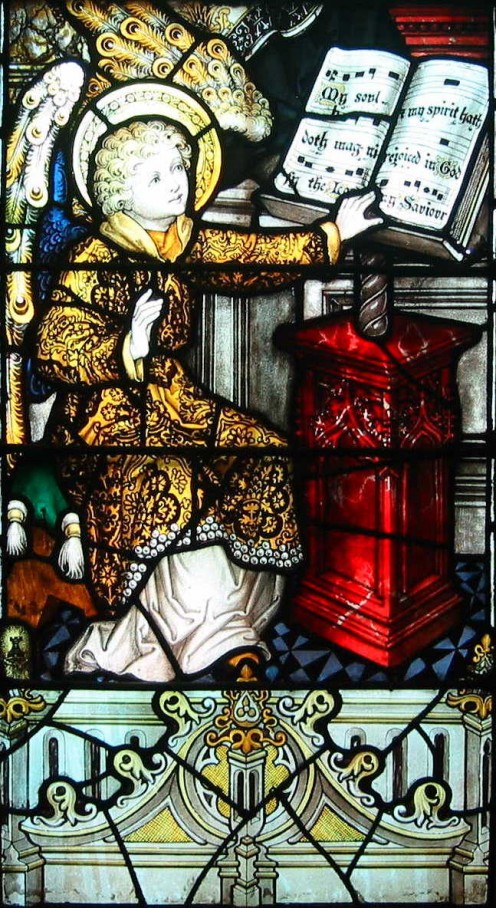
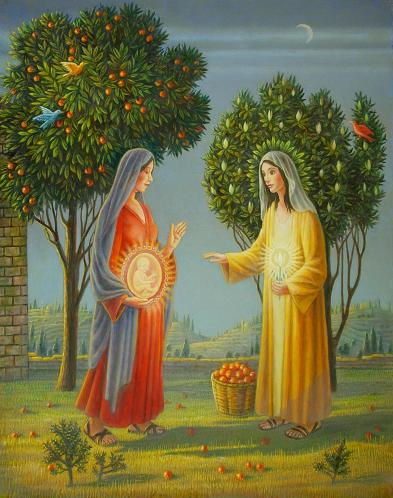
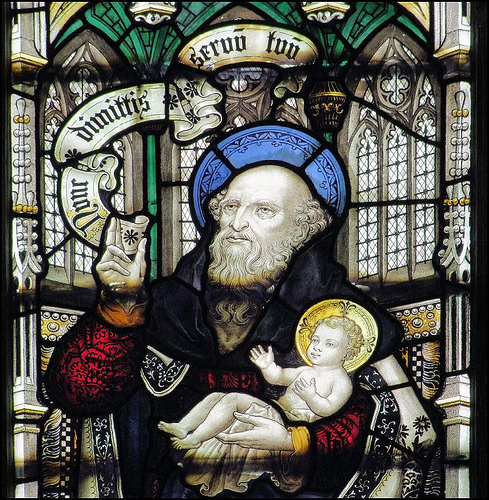
Luke, the Musician
This aspect of Luke was a delightful discovery. Luke’s Gospel is a singing Gospel.[1] An ancient musical from the days of Christ. The entire narrative of the 24 chapters, resounds with music of praise to God. Luke begins grandly with the “Magnificat,”[2] which comes from the inspired heart of Mary, mother of Jesus, upon meeting with Elizabeth, mother of John the Baptist. Quickly after this, when we have hardly caught our breath, we experience the “Benedictus,”[3] the song of Zacharias at the miraculous birth of his son, John. Suddenly, we are translated into the fields surrounding Bethlehem and given the unique privilege of sharing in the Concert of the Angels. The “Gloria,”[4] as angels announce to the shepherds, and all who would listen, the birth announcement of their eternal King. Lastly we are reverently ushered into temple area with Simeon, Mary and Joseph and are witness to the “Nunc Dimittis,”[5] the righteous man’s song of joy at the revelation of the child Savior in his ancient arms.
In this gospel, the verb, rejoice occurs more than any other book in the New Testament. We are given a glimpse into the joy of the writer’s own heart as he shares these expressions with us. Joy occurs regularly through-out the narrative. Joy in Zaachaeus’ receiving Jesus, joy on earth in the finding of the lost sheep, the lost coin. Joy in heaven when a lost sinner is found.
Luke’s gospel ends just as it began -- with rejoicing, “and they (the disciples), after worshipping Him, returned to Jerusalem with great joy, and were continually in the Temple praising God.”[6]
[1] Ibid, pg 17
[2] Luke 1:46-55
[3] Luke 1:68-79
[4] Luke 2:14
[5] Luke 2:29-32
[6] Luke 24:52-53
Conclusion
Luke the “writer” will make you want to return to the story time and time again. Luke the “historian” will make you certain about the Gospel. Luke the “theologian” will touch you with God’s love and grace. Luke the “physician” will help you to love people. But, Luke the “musician” will set your heart to singing.
© 2010 UlrikeGrace
